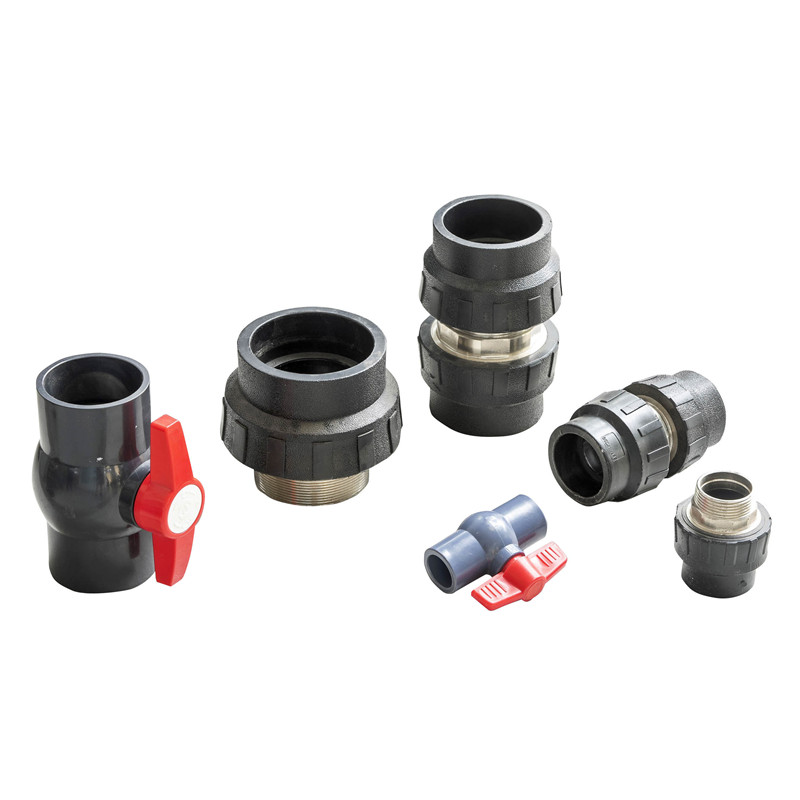Nov . 24, 2024 18:29 Back to list
hdpe black pipe
HDPE Black Pipe An Essential Material for Modern Infrastructure
High-Density Polyethylene (HDPE) black pipe has gained significant popularity in various industries, primarily due to its exceptional durability, resistance to corrosion, and versatility. This innovative material is becoming the go-to choice for many projects ranging from water supply systems to gas distribution and beyond.
HDPE is a thermoplastic polymer made from petroleum, characterized by a high strength-to-density ratio. The black color of HDPE pipes is primarily due to the addition of carbon black, which enhances its resistance to ultraviolet (UV) degradation. This feature makes HDPE black pipes particularly suitable for outdoor applications where they are exposed to the elements.
HDPE Black Pipe An Essential Material for Modern Infrastructure
In addition to its chemical stability, HDPE black pipe is incredibly durable. The material is designed to withstand significant physical stress, making it ideal for heavy-duty applications. HDPE pipes are less likely to crack, break, or become brittle over time compared to other materials. This durability means lower replacement costs and less frequent maintenance, making HDPE a cost-effective solution in the long run.
hdpe black pipe

The flexibility of HDPE is another advantageous feature that sets it apart from conventional piping materials. Unlike rigid pipes, HDPE can bend and curve, allowing for easier installations and fewer fittings. This flexibility also means that HDPE is less likely to break in freeze-thaw cycles, which is essential in colder climates. The ease of installation further reduces labor costs and project timelines, making it an attractive option for contractors.
Environmental sustainability is also a significant consideration in today’s infrastructure development. HDPE black pipes are made from recycled materials and are themselves recyclable, making them a more environmentally friendly choice compared to traditional materials. By choosing HDPE, companies can contribute to reducing plastic waste and promote a circular economy.
Furthermore, HDPE black pipes have lower friction coefficients, resulting in improved flow rates and reduced energy consumption during pumping. This efficiency is crucial in water supply and drainage systems, where maintaining optimal flow is vital for performance.
In conclusion, HDPE black pipe is an essential material that addresses various challenges faced by modern infrastructure. Its resistance to chemicals, durability, flexibility, and sustainability make it an advantageous choice for industries including construction, agriculture, and waste management. As the demand for reliable and eco-friendly materials continues to grow, HDPE black pipes are likely to remain at the forefront of piping technology, playing a critical role in the development of resilient and efficient infrastructure systems worldwide.
-
25mm PVC Irrigation Pipe - Durable & Efficient Watering Solution for Farms & Gardens
NewsJul.05,2025
-
HDPE Culvert Pipe Supplier – Durable, Leak-Proof & Easy Installation Solutions
NewsJul.05,2025
-
High Transparency PVC Clear Sheet Super Transparency PVC Sheets & HDPE Cutting Board Supplier
NewsJul.04,2025
-
High-Quality PVC-M Pipe Supplier Trusted PVC Pipe Company & 75mm PVC Connection Pipe Solutions
NewsJul.04,2025
-
PVC Transparent Sheet Roll - Durable & Flexible PVC Plastic Sheet Roll for Industrial & Home Use
NewsJun.24,2025
-
High-Quality PVC PPR Pipes and Fittings Durable ERA PPR Solutions
NewsJun.10,2025

